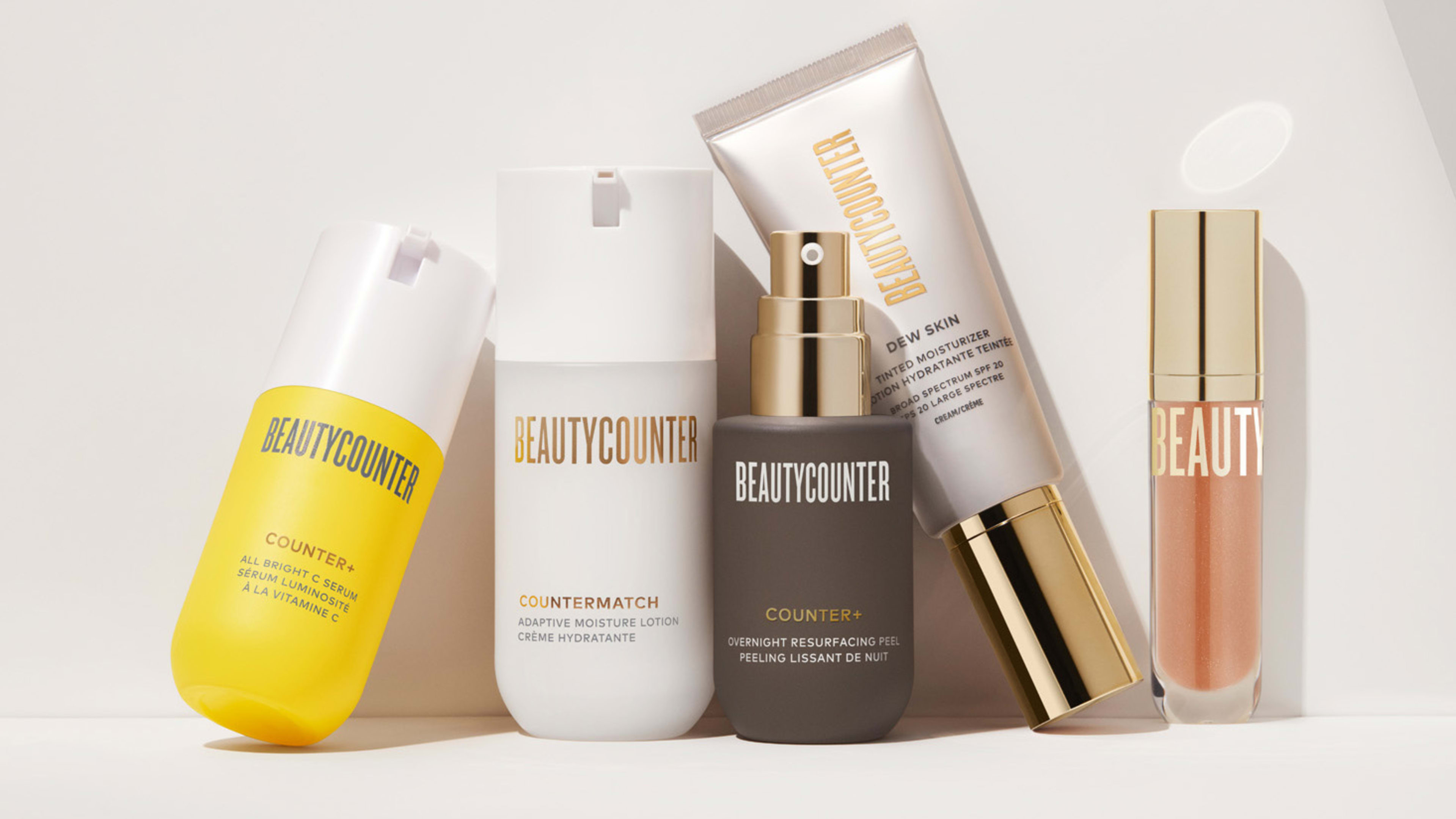There’s a lot of money to be made in nontoxic makeup.
Beautycounter, the startup known for its clean formulations, just hit unicorn status. The startup received an undisclosed investment from the Carlyle Group, raising its valuation to $1 billion. The investment gives the firm a majority stake in Beautycounter and is designed to fuel the company’s growth, including an expansion beyond North America. But it’s also a testament to how mainstream—and lucrative—the clean beauty sector has become.
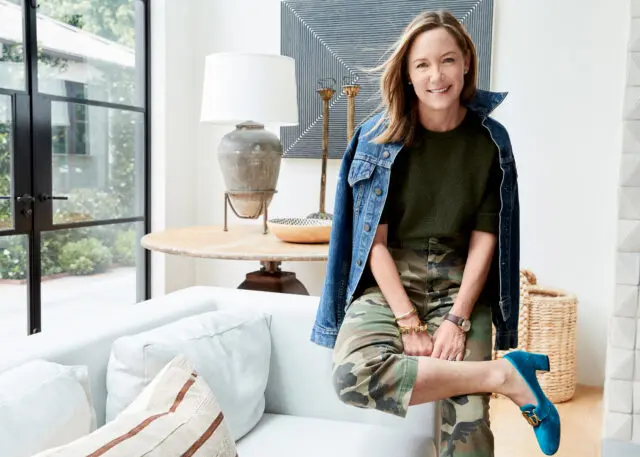
Before the Carlyle Group’s investment, Beautycounter had last been valued at $400 million in 2018, according to The Wall Street Journal, with investments from firms such as TPG Growth. The Carlyle Group will buy out the stakes of these investors. Beautycounter does not disclose its revenues, but a firm that analyzes direct-selling businesses estimates that the company generated $341 million in revenue in 2020.
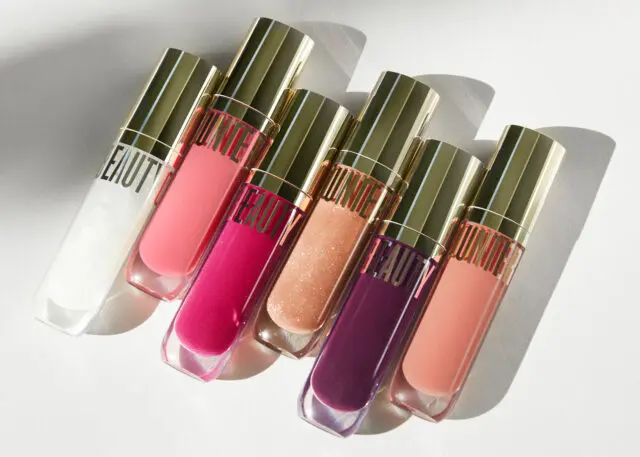
With Beautycounter, Renfrew wanted to build a large, global empire that would rival conglomerates such as L’Oréal and Estée Lauder. With the influx of cash from Carlyle Group, Renfrew is one step closer. “The goal was always to build a beauty brand that transforms the beauty industry at large,” Renfrew says. “There was never one specific plan to fuel our growth, but we believe that Carlyle is the perfect partner for where we are.”
The Carlyle Group, which manages $246 billion in assets, is known for investing in consumer brands including Supreme and sneaker brand Golden Goose, which made big exits when they were acquired. Beautycounter’s leadership team will continue to run the day-to-day operations at the company, but they will have access to the Carlyle Group’s retail and digital experts, which have helped brands develop a global digital presence.
Part of what attracted the Carlyle Group to Beautycounter is the brand’s multichannel approach. Like many other fast-growing startups that have hit the market over the past decade, Beautycounter is a direct-to-consumer brand. But unlike Everlane, Glossier, and Warby Parker, Beautycounter sells products across many different channels. Besides its website and stores, it sells products through an army of more than 65,000 consultants. It’s also launched short-term partnerships with Sephora and Target to sell a few products in their stores. This approach allowed Beautycounter to reach a wide audience quickly. “We see a large community that is already very engaged with the brand,” says Jay Sammons, the Carlyle Group’s head of global consumer, media, and retail. “We can help grow this audience with our expertise.”
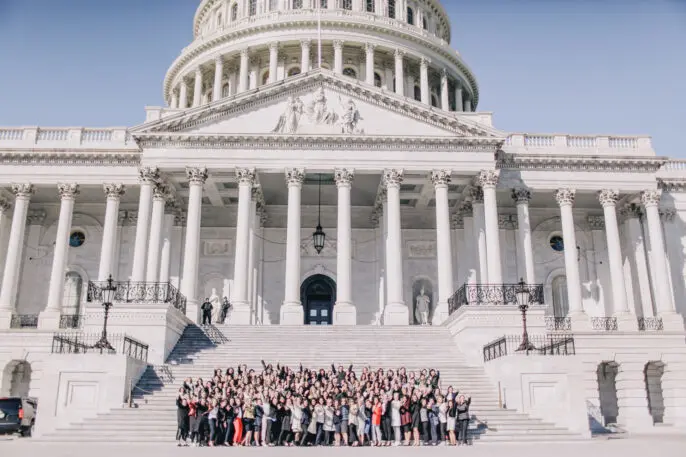
Renfrew says she picked Carlyle as an investor because the firm was committed to continuing this advocacy work and also to formulating high-quality products without known toxins. Sammons, for his part, believes that this attention to product safety is a key selling point. “Safety is what makes this brand and these products so compelling to consumers,” he says.
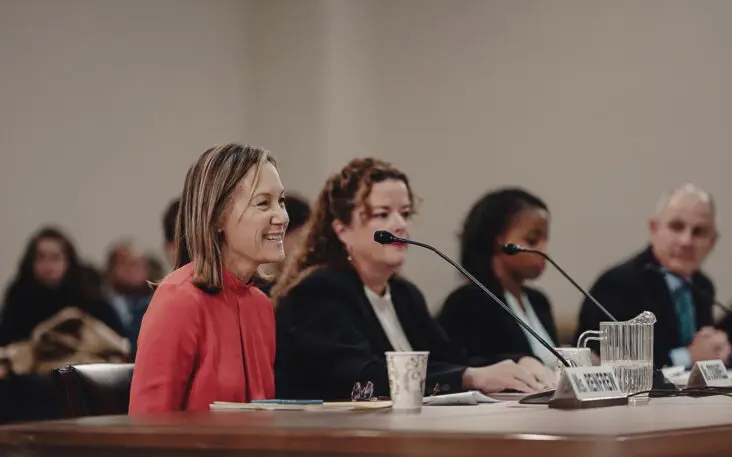
But as “clean beauty” becomes more widespread, it’s becoming increasingly difficult for consumers to differentiate between products. This partly comes down to not having standardized definitions about what constitutes “clean,” “nontoxic,” or “safe.” Brands are able to use this language without backing it up with data or evidence. If the government implements stronger regulations, it could create clearer standards and definitions, but this doesn’t seem likely any time soon.
It will get increasingly difficult for Beautycounter to stand out in the crowded clean-beauty space in the years to come, which is partly why both Renfrew and Sammons believe it’s important to build a loyal audience now. “This company was very methodically built to find consumers and address their needs, wherever they are,” says Sammons. “We believe that if we can get the brand in front of new customers, they’ll become loyal.”
Recognize your brand’s excellence by applying to this year’s Brands That Matter Awards before the early-rate deadline, May 3.
